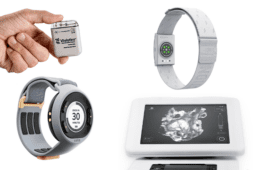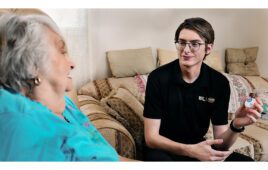As Rainbow Coral Corp. works to market and develop an innovative new 3D bioprinting system, new 3D printing innovations are generating massive new demand for the technology from patients and doctors alike in the medical industry.
Just days ago, it was reported worldwide that a British surgeon successfully used the latest 3D printing techniques to create a new pelvis for a man who had lost half of his own to bone cancer. It was the first, groundbreaking transplant of its kind, but hardly the only medical breakthrough to arise through 3D printing.
The revolutionary technology is moving the entire healthcare sector forward. 3D printers have been used to create prosthetic limbs, custom hearing aids and even human tissues.
RBCC is well-positioned to capitalize on the rise of 3D printing in medicine thanks to its joint venture with Nano3D Biosciences (n3D). The companies have teamed up to market and develop the BiO Assay, the first commercially available 3D bioprinter designed specifically for rapid, high-volume drug screening.
The automated toxicity assay uses biocompatible magnetic nanoparticles to print cells into 3D structures more affordably than competing bioprinting tech currently on the market. The BiO Assay represents a sea change in pharmaceutical research, offering better and faster results than have previously been possible.
RBCC formed a biotech subsidiary, Rainbow Biosciences, to market and develop new medical and research technology innovations to compete alongside companies such as Biogen Idec Inc., Abbott Laboratories and Amgen Inc. In 2012, Rainbow Biosciences acquired an equity interest in n3D.




